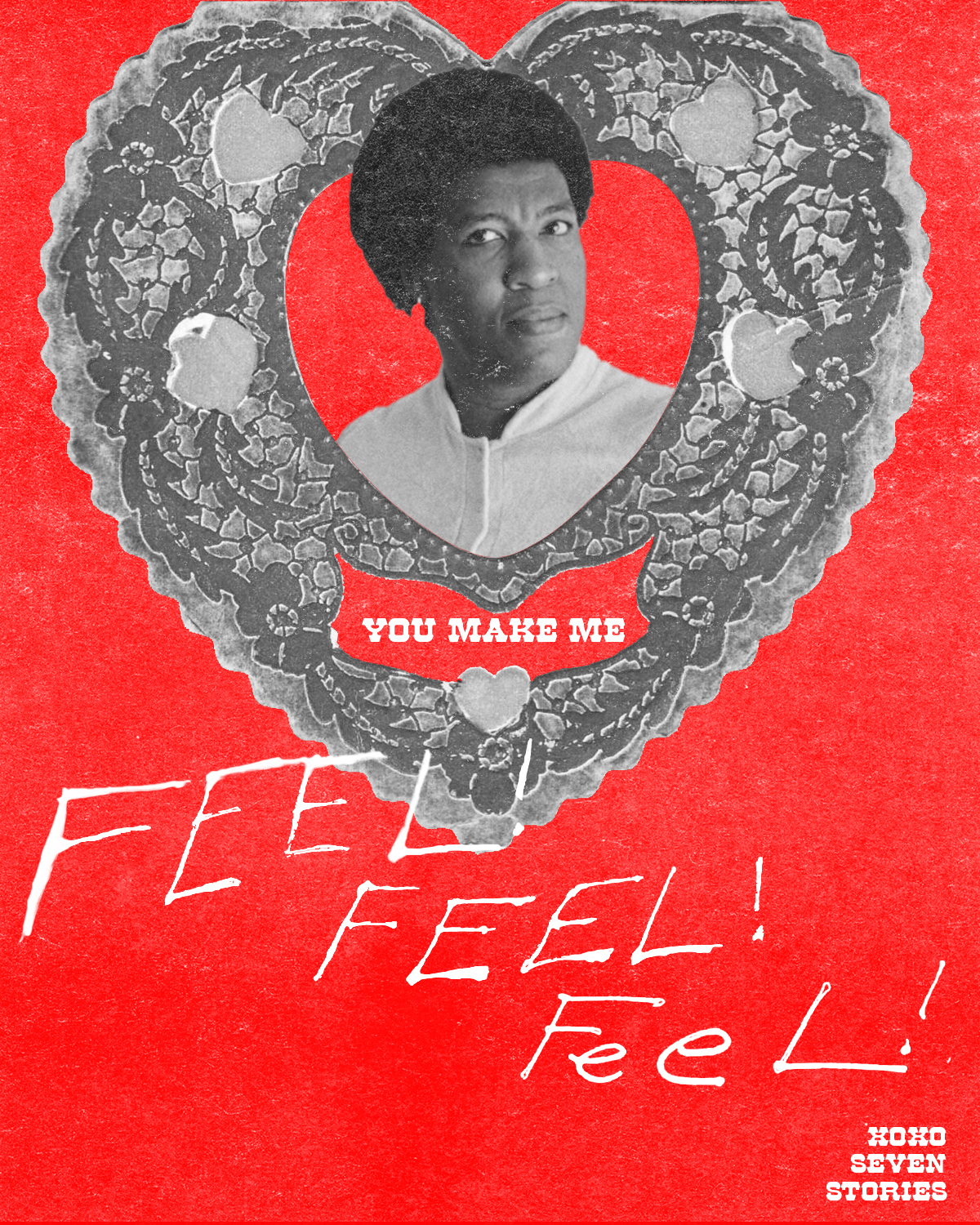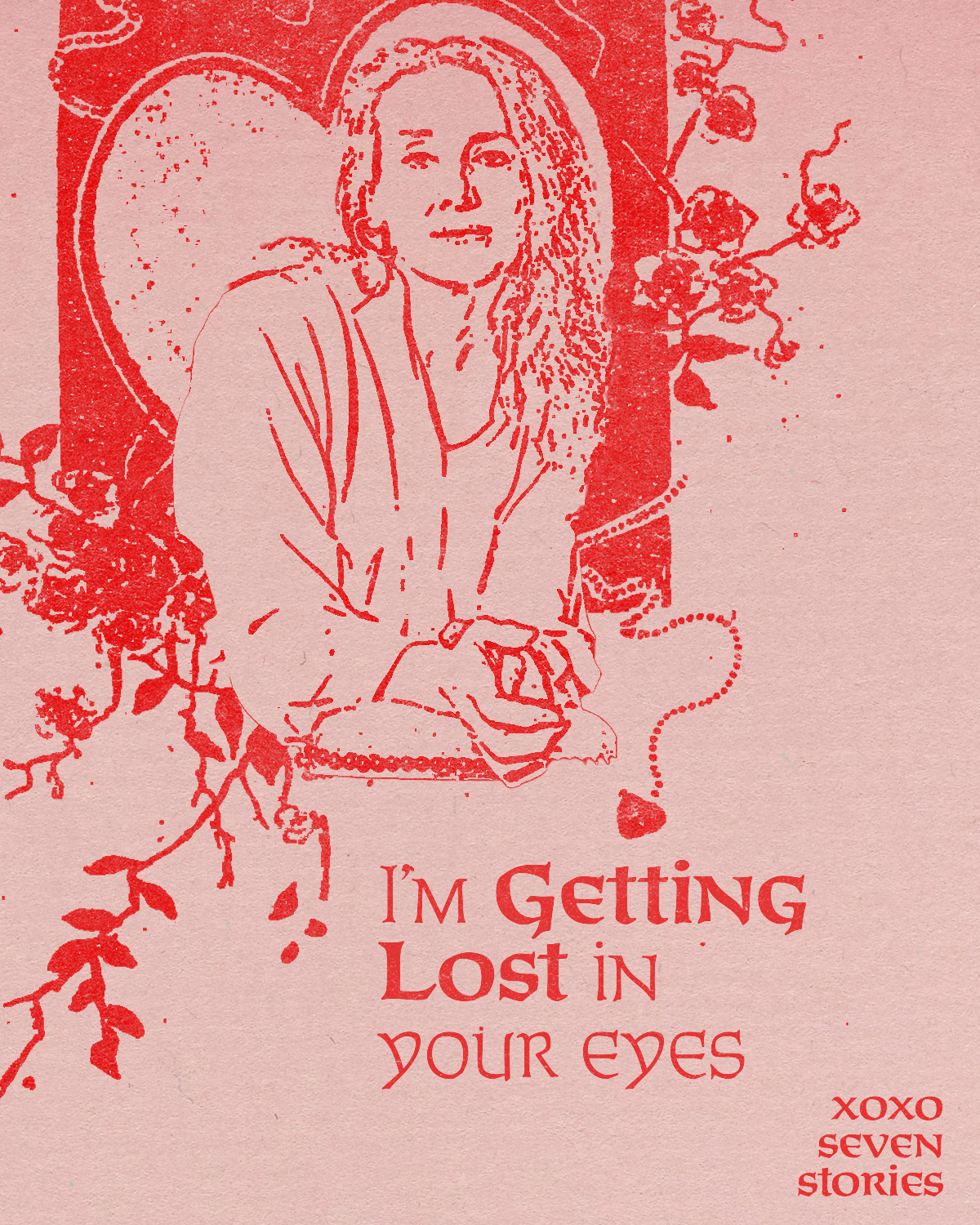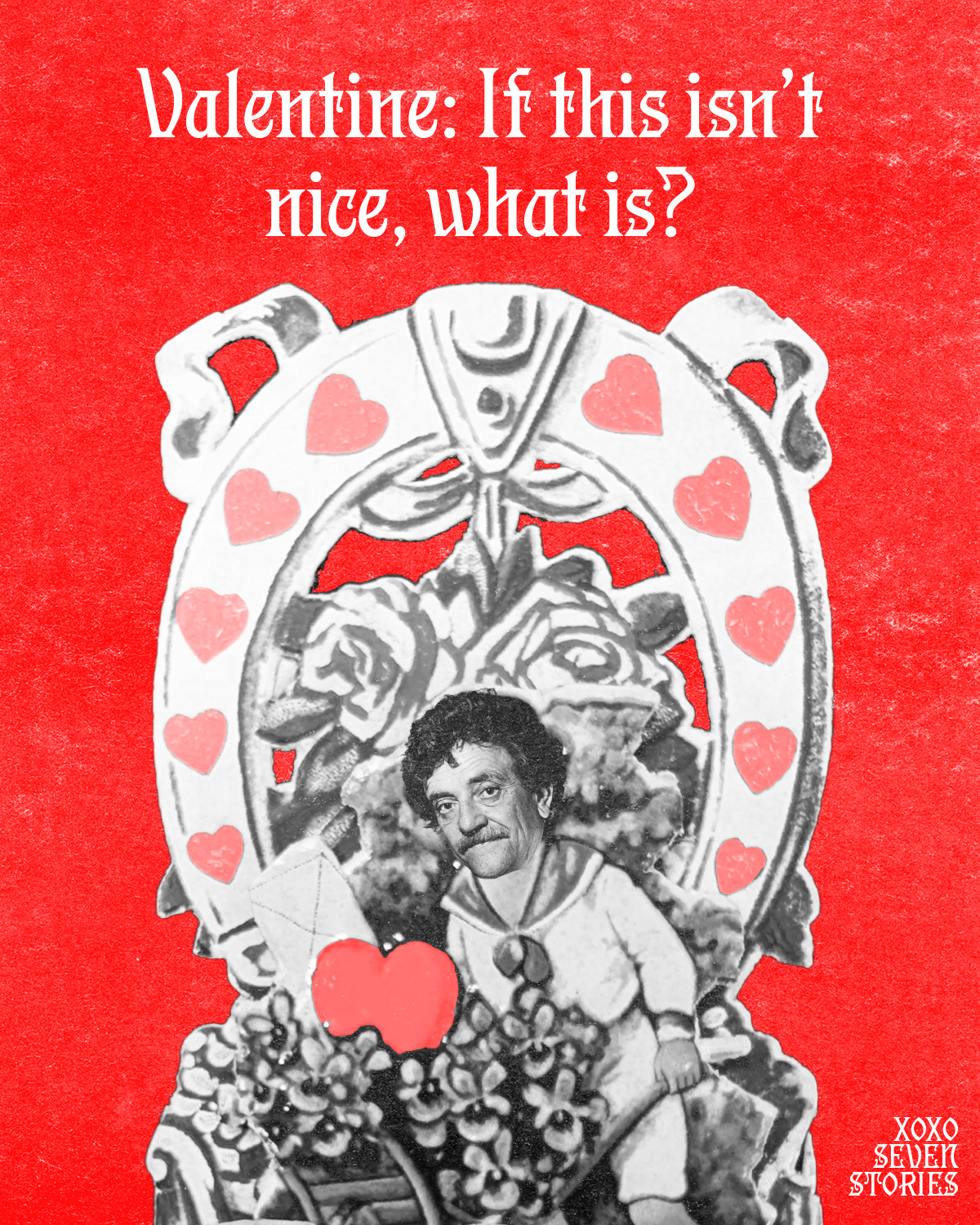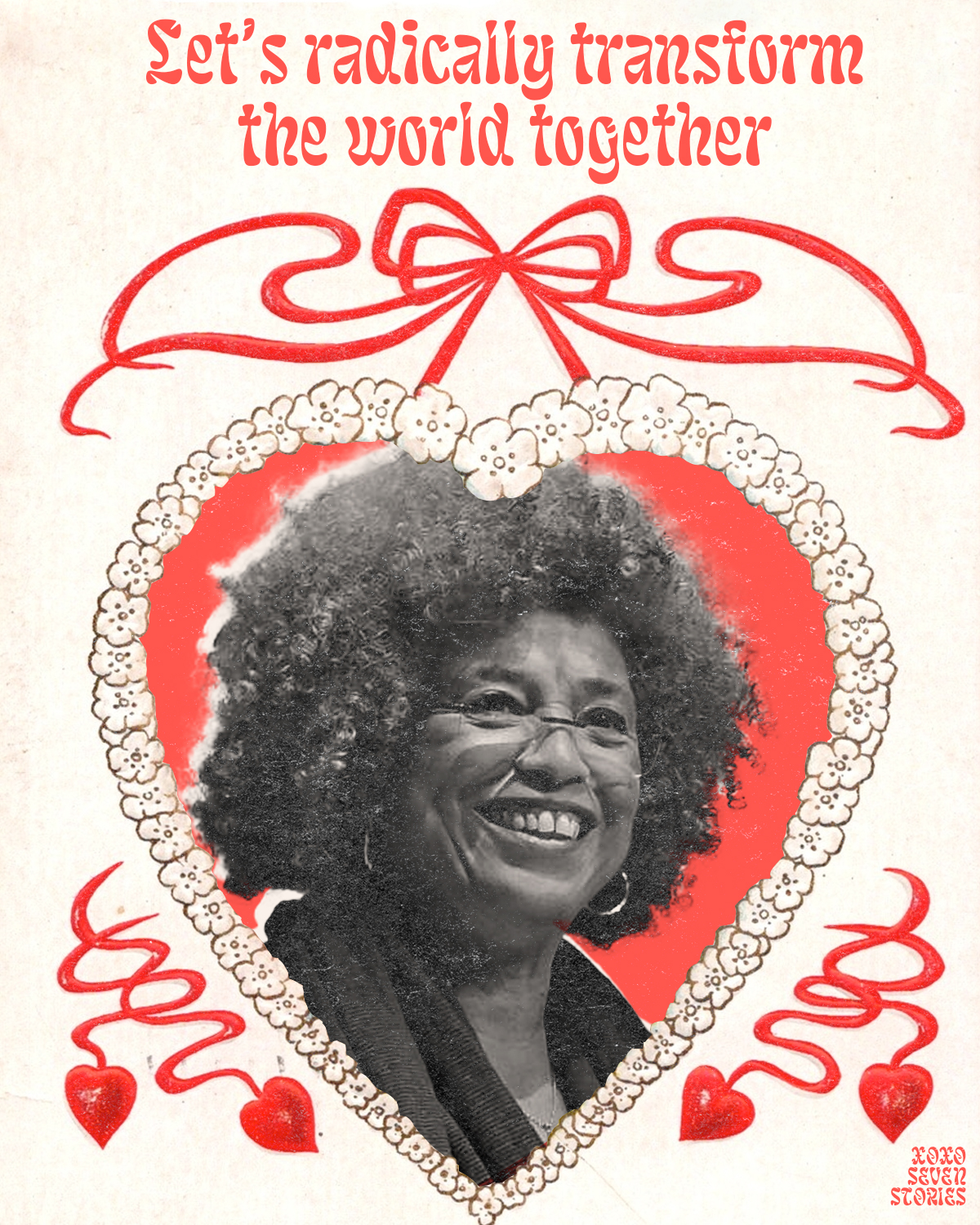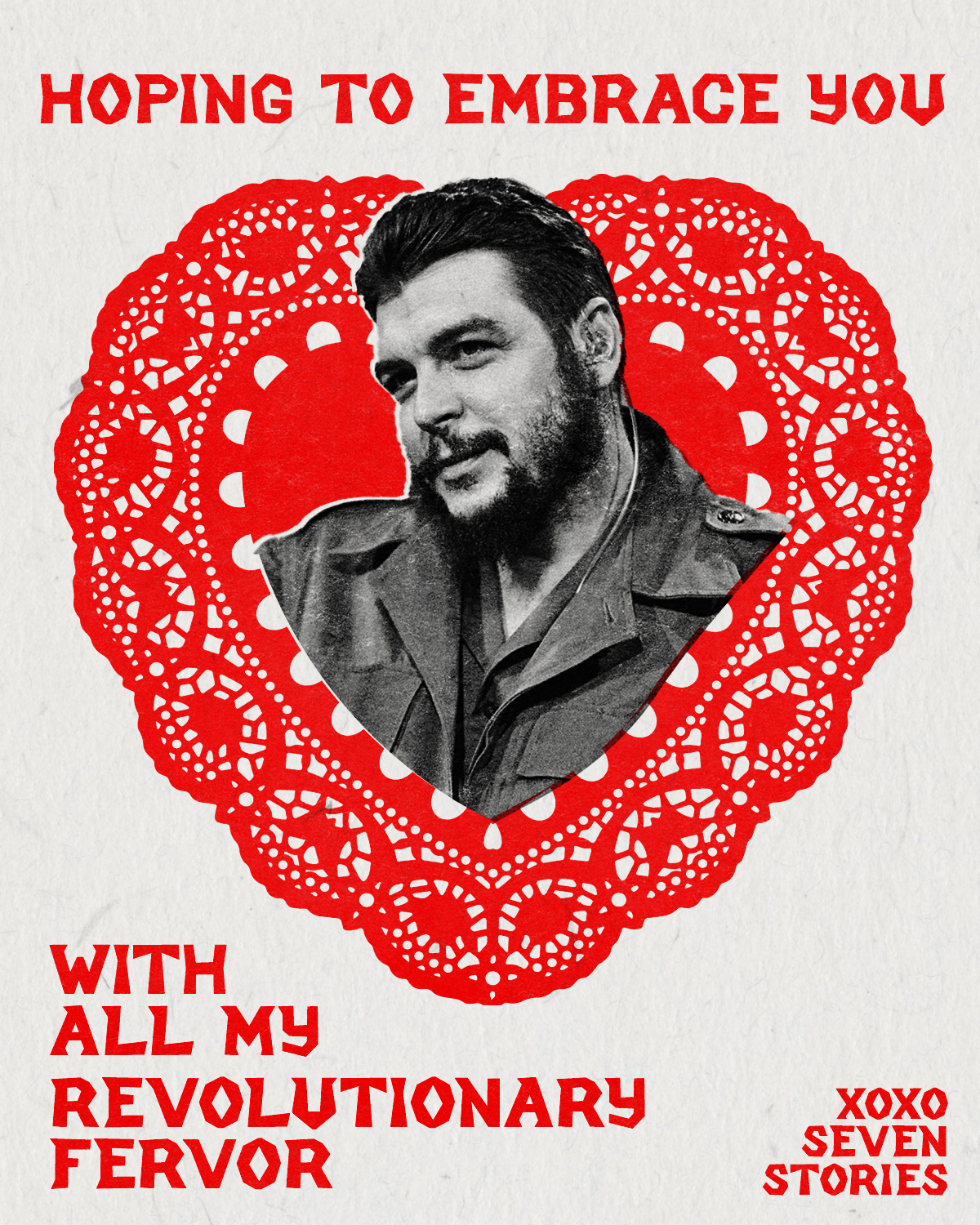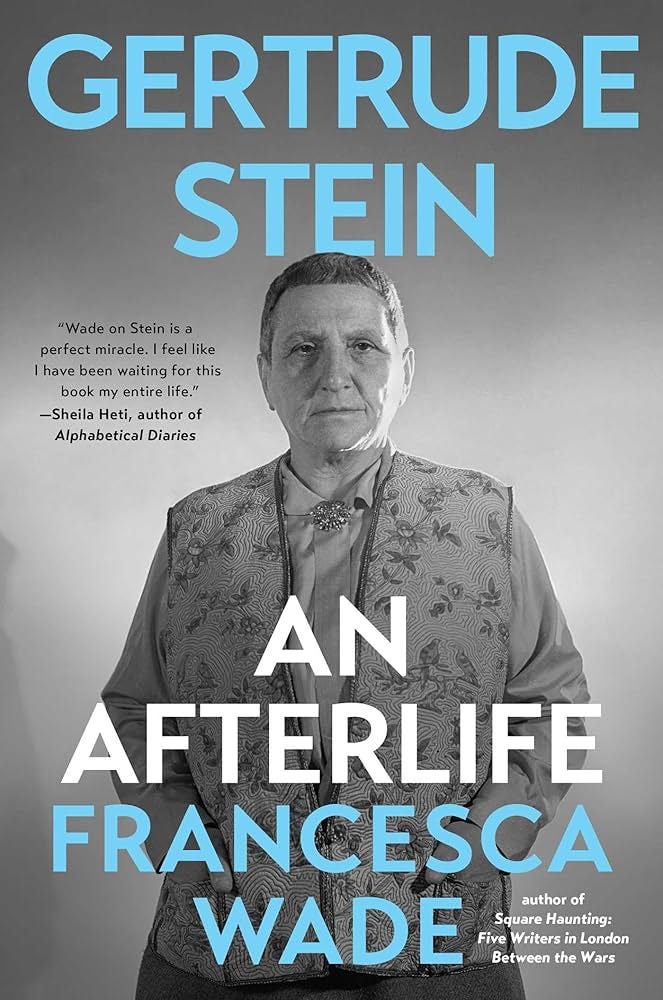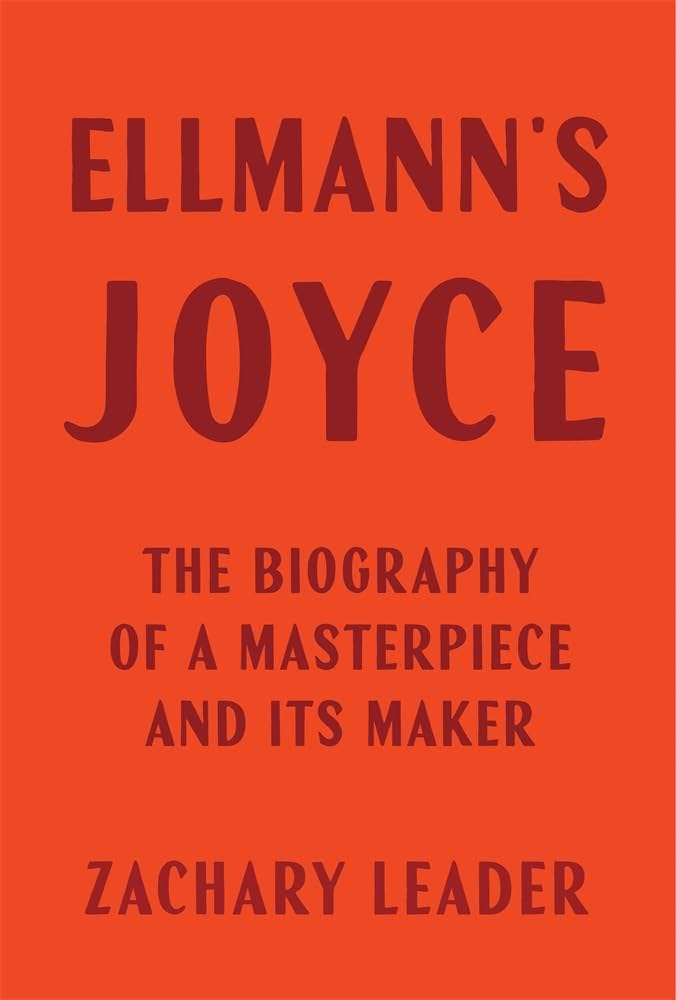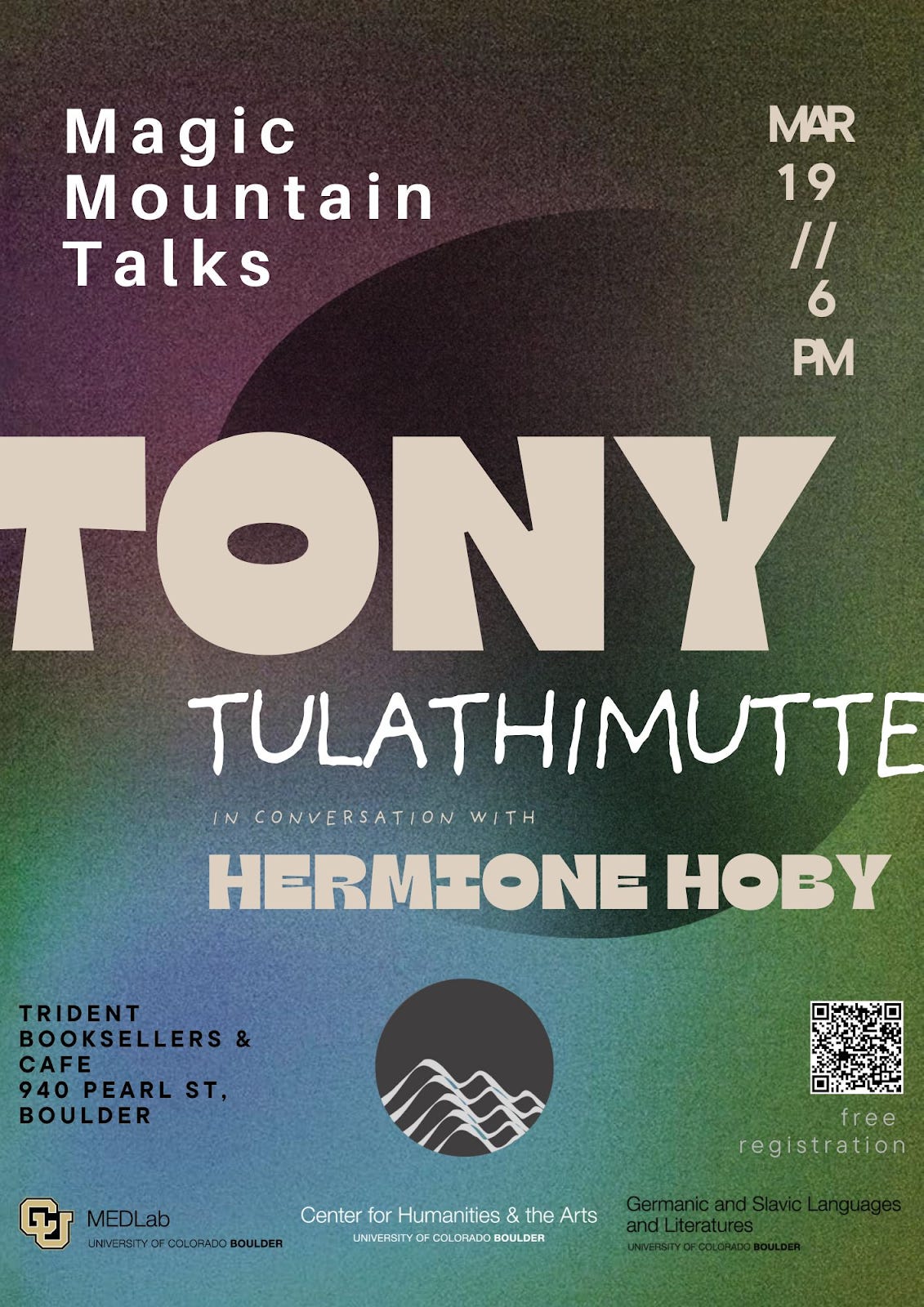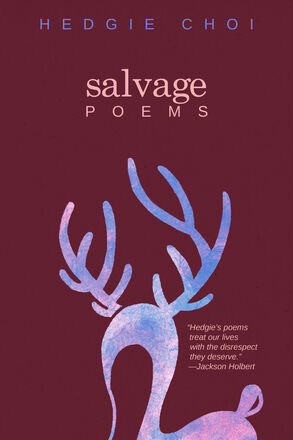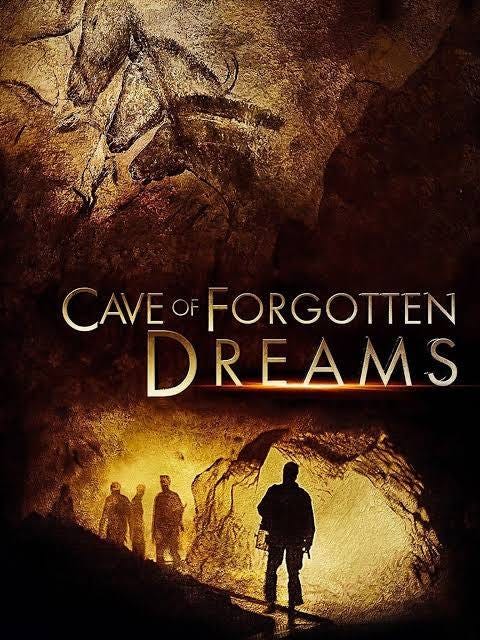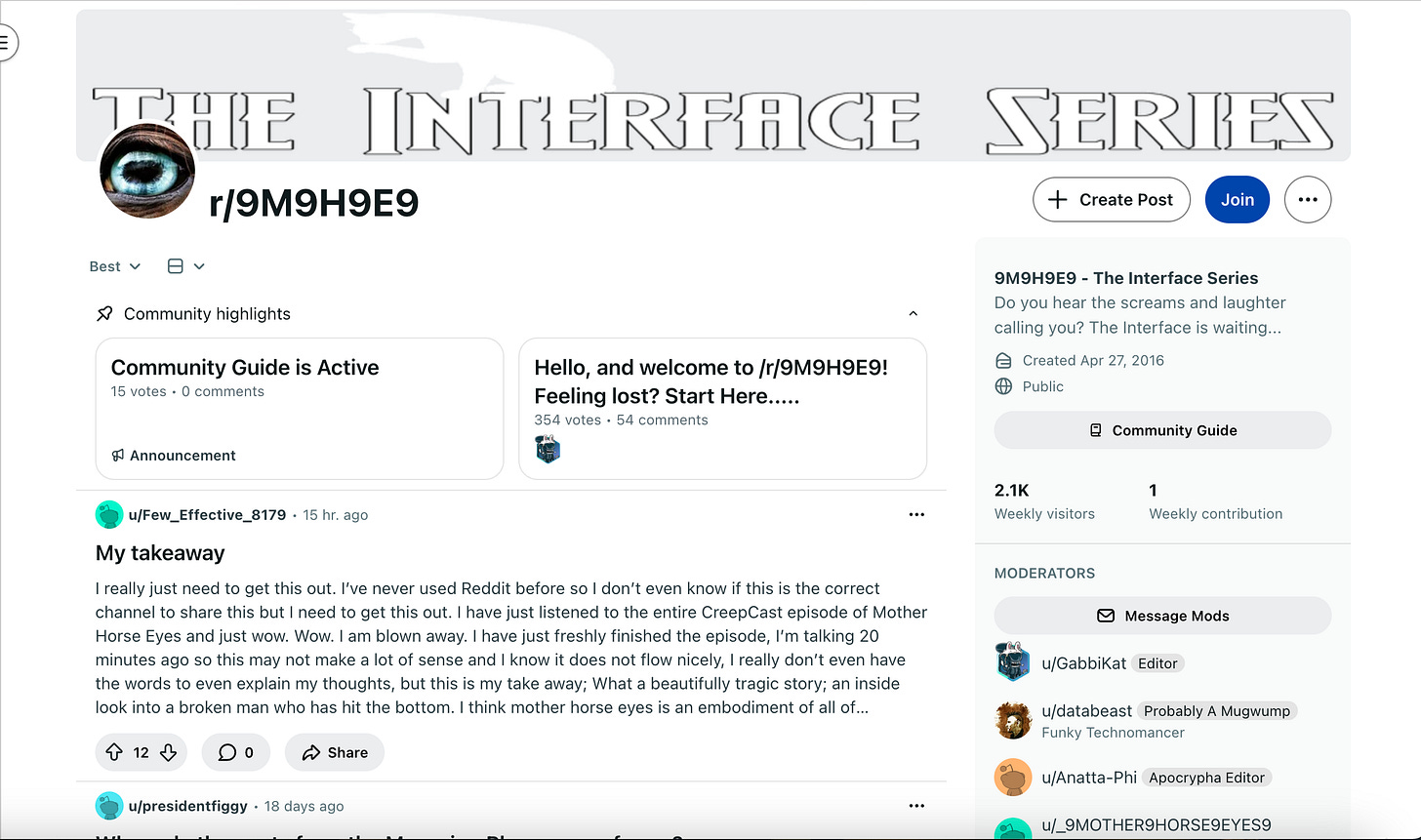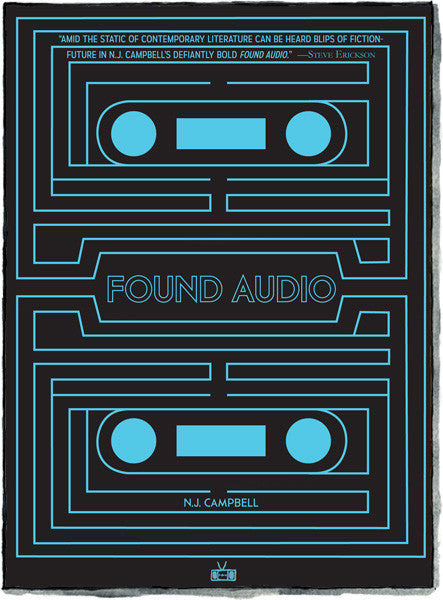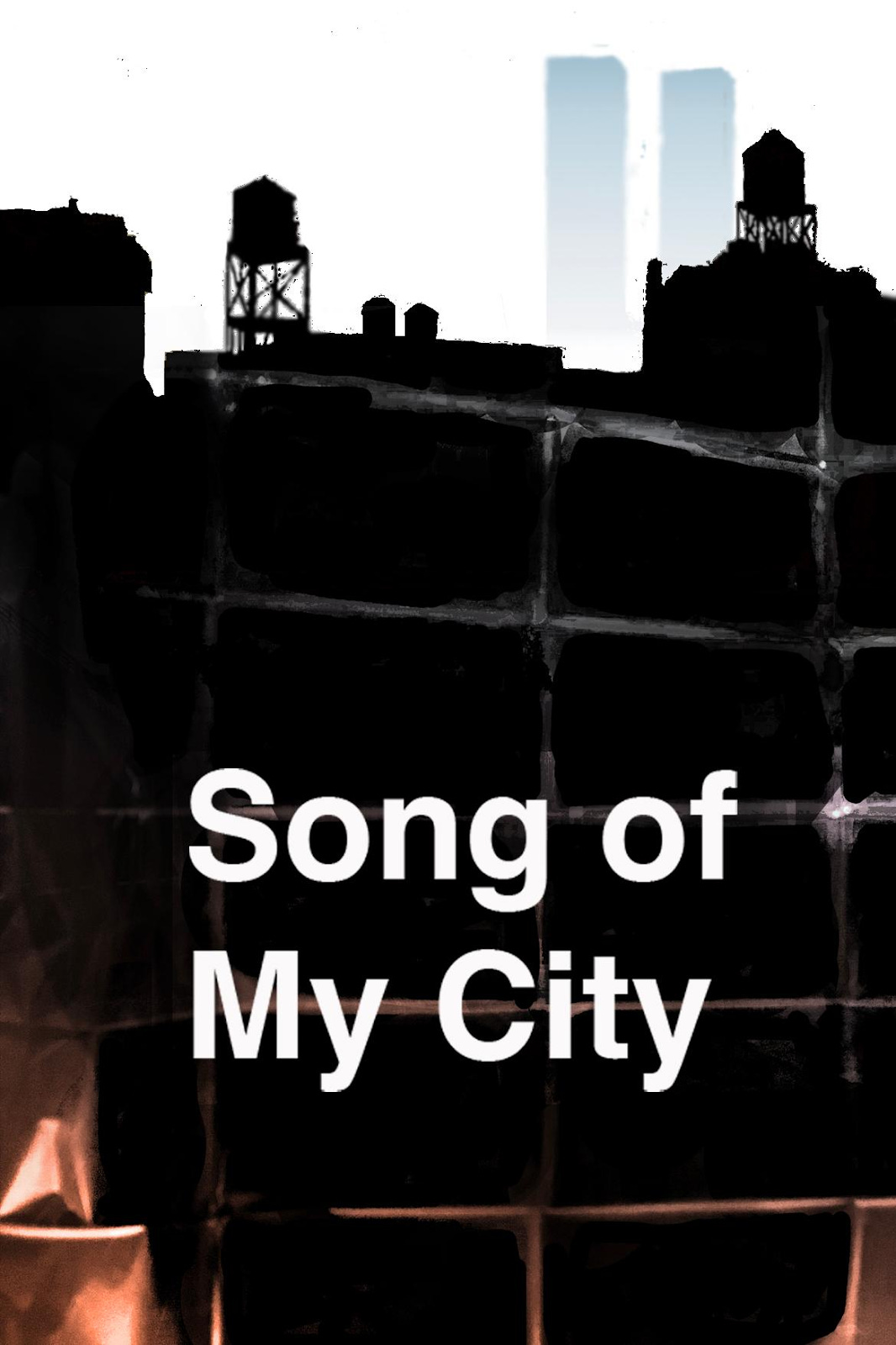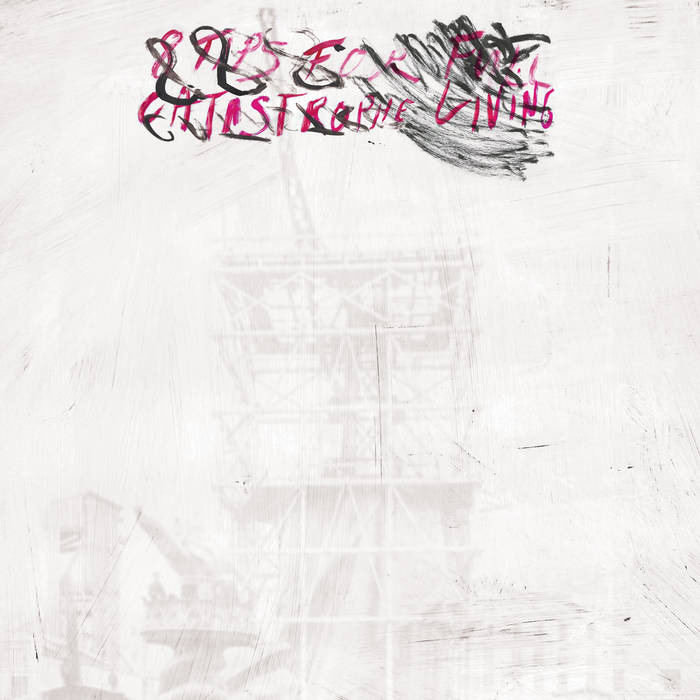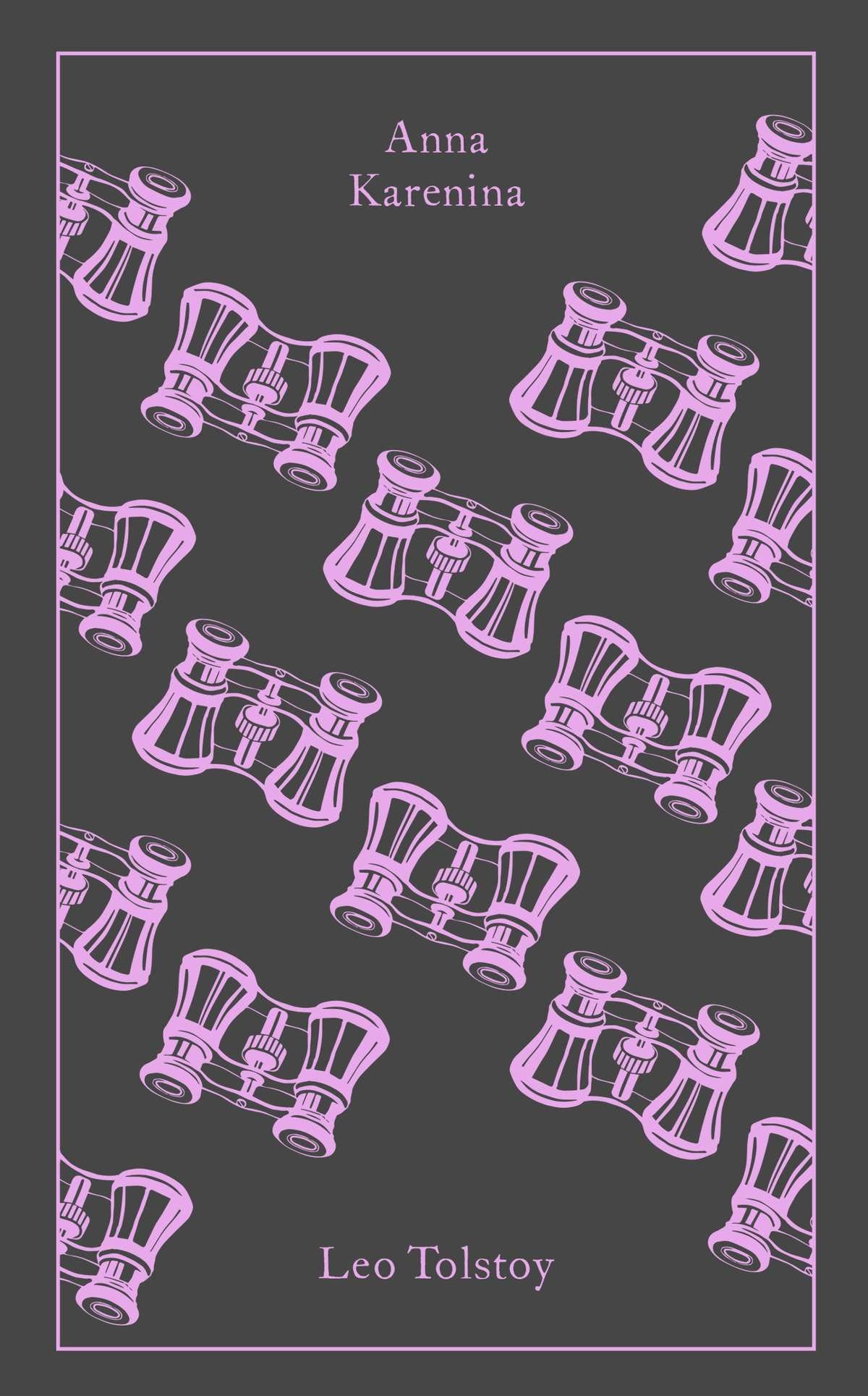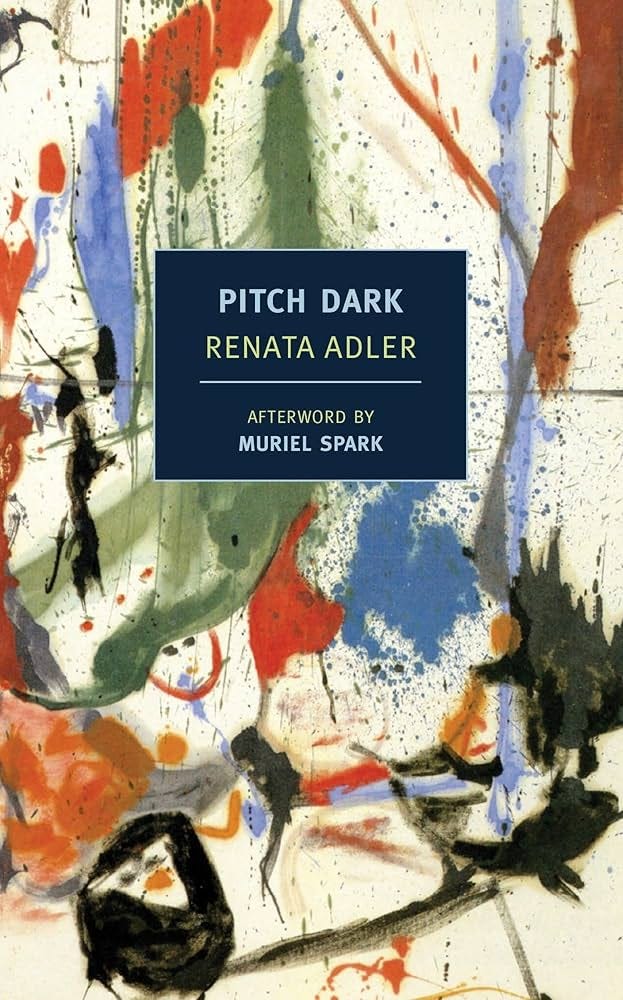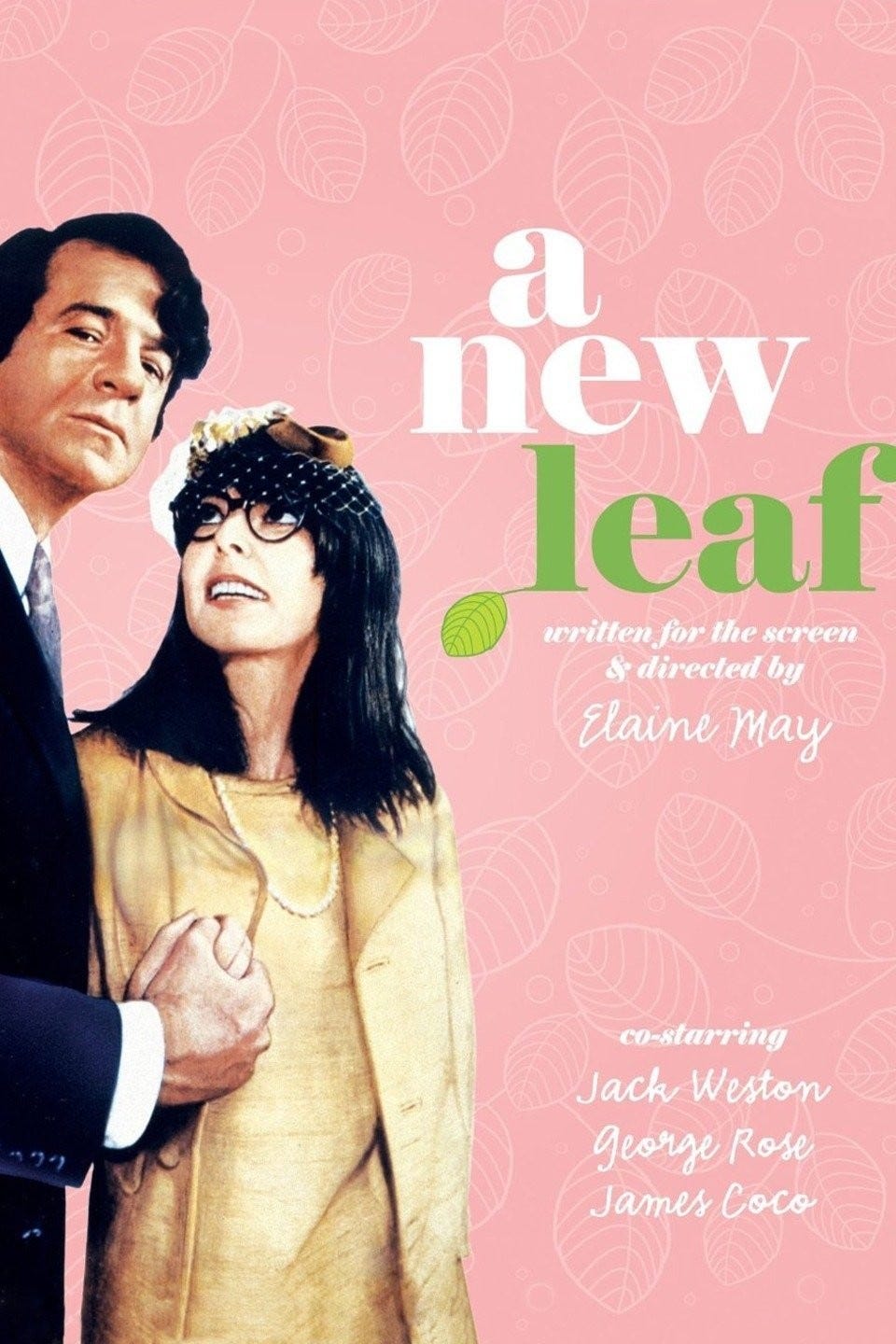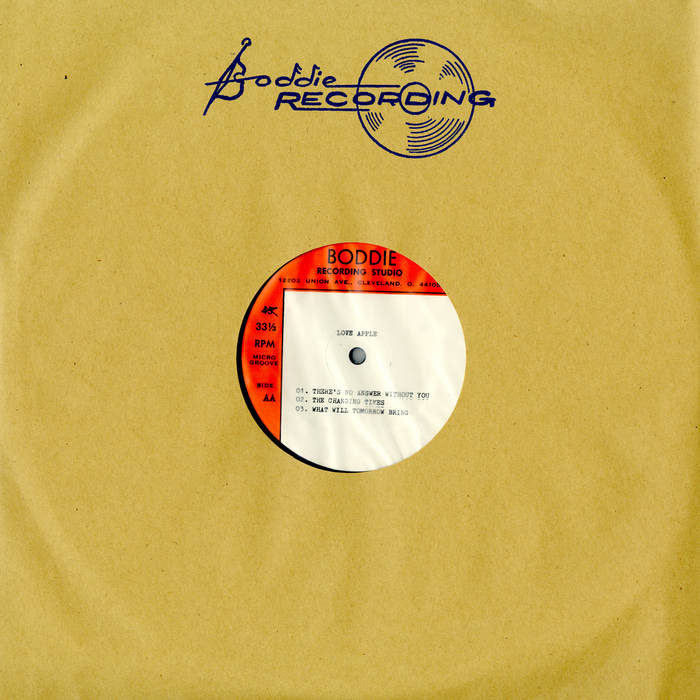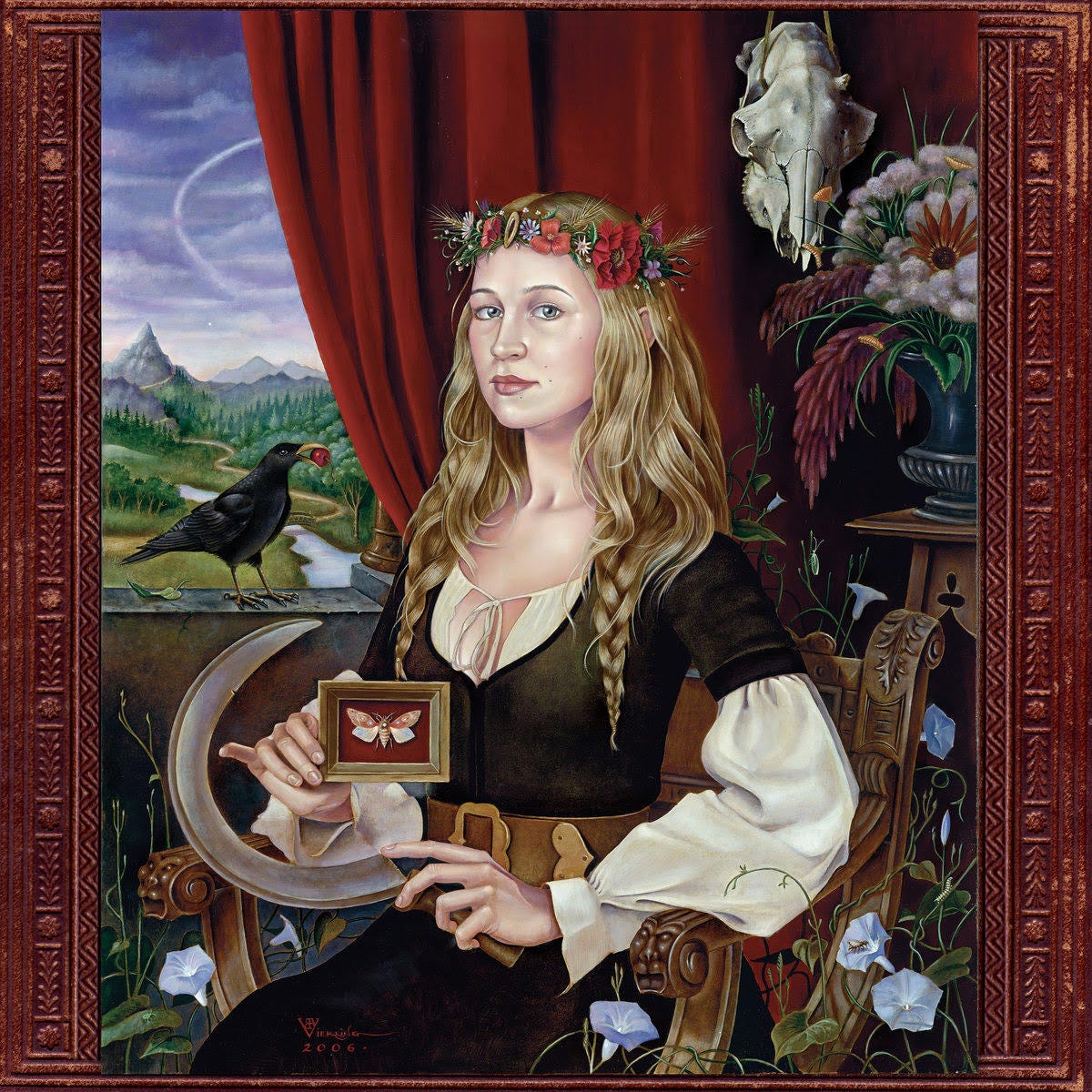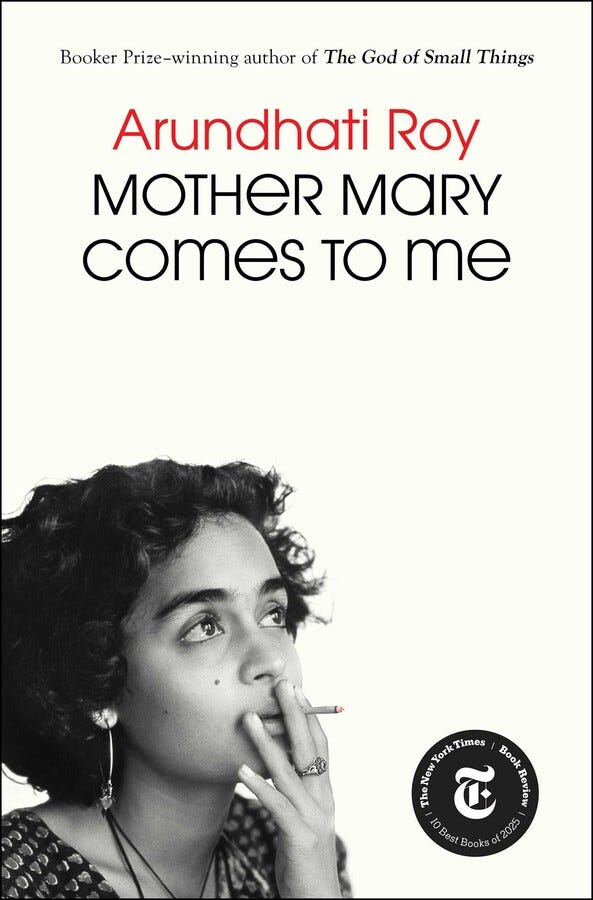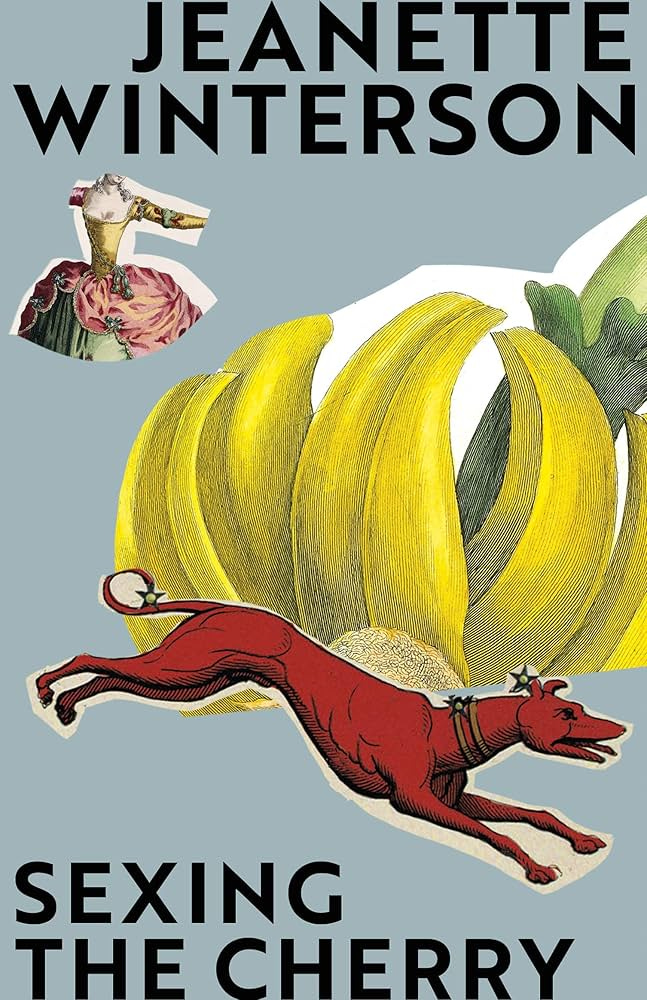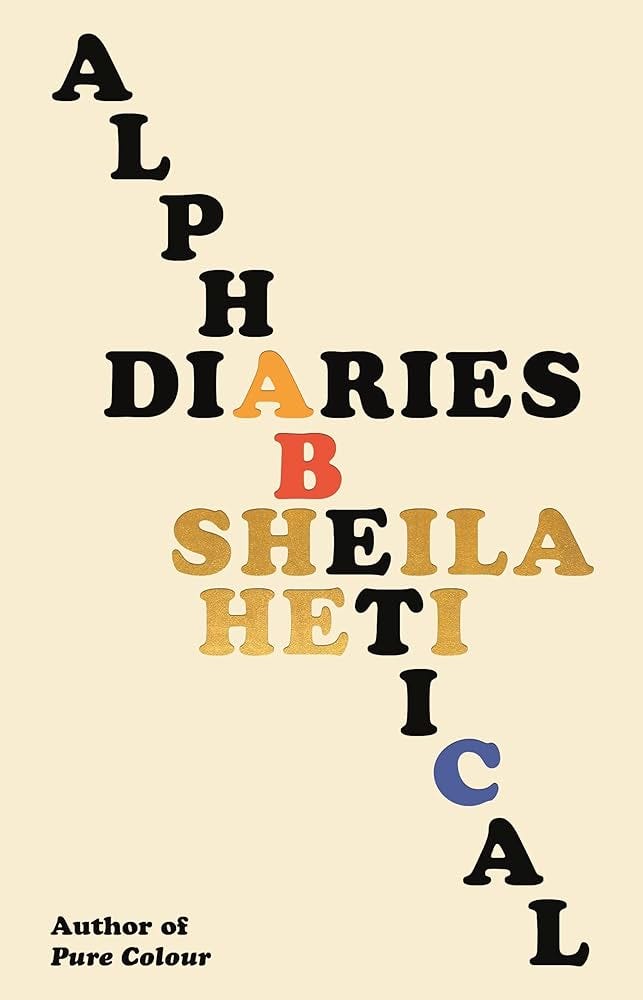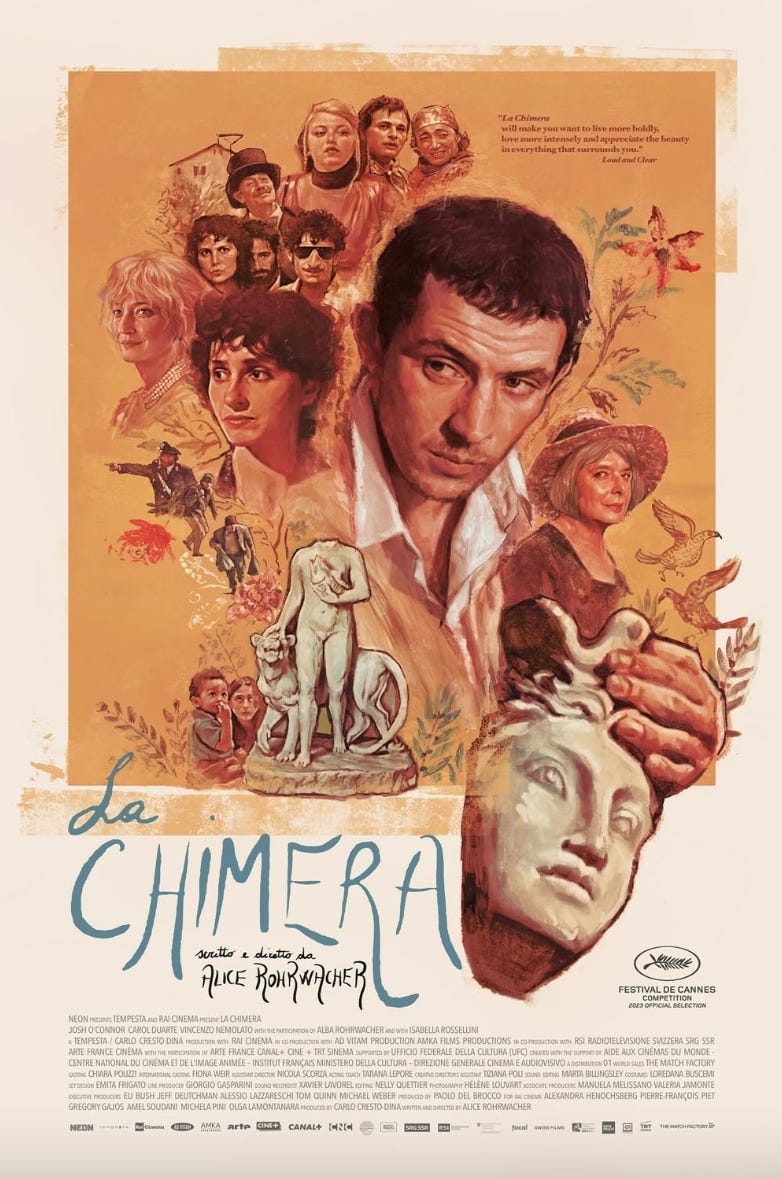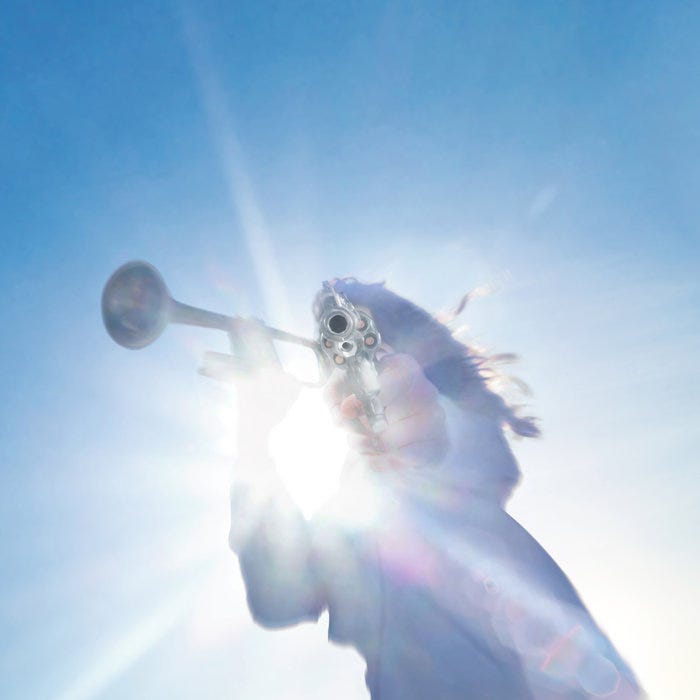2
In my childhood, the old-fashioned air conditioner in my room was my hero. In my mind, the control dials were a pair of amber eyes, and the whirring blades a mass of tousled hair. The blades made a delectable light scratchy sound, an echo like the one that seems to rise off your skin when you wake up. Every night, the air conditioner was my own brave warrior, facing off against my nightmares and fears and the dampness of my bed. The ceiling of Dai’s room had the same effect, even though I was never able to fashion a moving image out of its stillness. The ceiling was a dumb witness; perhaps it even made a choice, somehow, to close its eyes and sleep through everything. I fastened my eyes on that ceiling and engraved that word onto the surface of my brain—the word I would have to say without any stuttering or hesitation, confidently and calmly.
A few encounters had been enough to apprise me of Dai’s temperament and essential character. I knew when she would be ready for a lull in hostilities, when she would grow angry, when she was gambling on my intelligence, when she would have me, and when she was about to let go with that laugh of hers, the sticky gluey laugh that disgusted me. The laugh of the bu’bu,' the bogey.
Soon enough, I could read her signals. If she was wearing her sky blue cotton shirt, she was in a happy, serene mood. Her braided hair would tell me that she was feeling cheerful and lively. And the movement of her fingers along the seams of my jeans would let me know that she was feeling her way toward me. Before she arrived, I had to set our destination.
Let’s go there, I said, waving my hand in the general direction of the mirror. She turned, a skeptical question on her face: There? Are you sure? Before she could actually ask it, I had her by the hand and was pulling her over to the mirror. I needed something that would save me from myself. I wanted to come out the other side of this new experience with credit in my account. And I was beginning to find it stale, this cat and mouse game, this habit of pushing things as far as they could possibly go and then suddenly announcing one’s unavailability. I undid a button and left the rest of the task for Dai’s hand, and suddenly, what seemed like it would take endless time had truly happened, startling me and riveting me, too. I hung onto the mirror, my flagrant nakedness sending me into a state of rapture I had never experienced before, a feeling of bliss at seeing myself desired like this, and escaping the laws mandated by my own body.
I was liberating me from myself. Turning my face toward the mirrors that Dai exposed as she opened the doors to her wardrobe, I was thrown off balance, distracted by these sudden and multiple images of myself. It was not just a matter of being released, of feeling free, but rather, it was a sense of no longer being able to exert a guiding hand over myself. My authority over whatever part of myself I owned was worthless. My body, dissolving beneath her and melting into clear liquid, was no longer mine to own. From that moment, Dai was my body’s commanding mistress and I became simply an organism whose body lies elsewhere, and lurks in obscure isolation, a remote, secluded place that allowed me to witness—but only as an outside observer, one who does not react. I am not part of it. I feel none of this. All I can do is to stare, my face featureless. And so I fix my gaze on what appears to be no concern of mine—or would not be, if it were not so conspicuously there, in front of my eyes.
We finished. A contorted, artificial smile lingered on my mouth as she spattered my face with her wet kisses, in her usual way. She chewed on her lip for a moment and then handed me a cotton wad, saying a few words that I could not make out. But I knew these signs—the chewed-on lip, the cotton wad—and so I knew that she had left the marks of her passage on my neck.
Far away is Dai. And my body has left me behind to travel toward a point that I cannot see from here, where I remain. My body has gone about establishing its ordinances and putting in place its distinct arrangements, devising plans for what it may reap in the coming days and weeks. Its intentions frighten me, for they are both obscure and absolute. Meanwhile I remain in my dreadful solitude, not because I don’t belong to the world, but because here I am without even a sense of belonging to myself.
The calmness I felt in the beginning turned into fear, and then into a blind capacity for anger. It was not as though I had sobered up after a spell of intoxication, for I had not been intoxicated in the first place. It was just that, of the three fingers on which I had been counting up my intentions, I had lost the third one, where I had lodged the answer to the all-important question: what shall I do? I came to Dai intending to say, Take me, and I said it. I also came to share my body with her, and I did. But then... what to do with this then of mine where all the details lay, details that I could not remember! I had not intended to stand there upset and unsteady, unable to resolve anything at all.
I began to regain my senses somewhat, to come out of the jellylike bubble that had wrapped itself around me deceptively. I found everything around me irritating. Dai grated on me: her smell, her strong breaths, the nakedness of her body, her weight pressing down on my ribcage, a few tiny hairs sprinkled around her eyebrows, her forefinger playing in my mouth, her voice, her mouth, everything that was a part of her, everything that made up her I. Her sweet little singularities that had dizzied me time after time now showed themselves as petty details. This, I had not been able to see. Or rather, this—these trivialities, unrecognized—gave me purchase to diminish her. And the other one remaining between us, in the form of a lavish register of quarrels, insults and ruptures, grew to fill my eyes beyond the limits of my visible horizons.
I shivered. And shivered and shivered. She covered me with her body and began to rub my hand in hers, but it had no effect. It was not the cold that was making me shiver. It was something else, something unknown, buried somewhere deep. I could not stop shivering. I could not control my limbs. I tried hard to fix my mind on something, anything, a particular thought that could extract me from this suspect impasse, but nothing came to the rescue. I wanted to escape Dai, so I turned away from her. I pulled into myself, jerking my legs upward and close to my chest and covering my face with my arms and hands, palms interlaced. She began to lick the abrasions on my back, her own fingernail scratches and the other light marks caused by my skin rubbing against the carpet’s roughness. I could not help seeing myself as a swamp, a marshland of saliva and moist breathing; she was a cat, licking my wounds that would not heal.
Her fingertips played with my ears. Any regrets? she asked me. I shook my head, no, I didn’t regret this. The truth was that regret was not on my list when it came to anything in my life. I would do something or not do it—in either case, I would not have a lot to lose. So it was an experience: I went through it, and I learned something. Regret would mean backing off, distancing myself from my own action. Regret would mean erasing some experience, taking a brick out of the structure that was me—and no structure remains standing when it loses a foundation stone. No, I did not feel any regret. Just loathing. I was full of disgust. All at once I had seen my body’s power to turn animal-like. I had realized how very faithful it could be to its basest instincts. How completely shameless it was. And who was I to curb its reckless lusts?
I would not be one to ban my body’s longings, if only I could understand what they are and fathom what they mean. I wish my body had been kind enough to begin a little conversation with me on the subject. If only my body and I could sum up my longings in a few clear points. I am not an angel and I do not proclaim any pure and perfect virtue. And this would not have been my first baby step toward hell in any case. The whole deal is that I just need to understand. This dark, murky chaos is killing me. It kills me to be driven straight into this nighttime of the blind, where at the end there is no daylight to look kindly down on me.
I must get away now. I am choking to death. My chest floats in a bed of dark mud, and kisses steal my breaths from me in a room where the air is foul. This is not happening. It has not happened. I will go out of this room now, and I will fall. I will tumble into a well of oblivion. With a little bit of effort, I will be able to forget. I will be able to slip out in silence, outside of Dai. If I open the door, new air will come bursting into this room and I can fill my chest with it. I can run. Memory does not have two legs that can carry it against the wind. I can pray. God will be generous with me; God will wipe from the list of my sins another black mark. I can kiss my mother and I will not find that bitter taste returning to my mouth, the taste of my burning intoxication: Dai.
3
My filthiness is not the kind I can wash away with soap and water. I am tired of repeatedly washing my hands and my mouth, tired of bathing so often, tired of the fear I cannot help feeling every time I sleep on my back or part my legs. After all of this has happened, I cannot wipe an enormous eraser across my body and mind to bring back the whiteness of their surfaces, the whiteness of the page. Dai sliced me into two parts: my body, glorying in its confections, and my self, so determined on purification from its offenses. How horrifically enormous my offense was when measured against the authority of the morals I had amassed through years of instruction. That accumulated moral sense of mine gave pride of place in its statutes to my body, for that was the measure by which I would be evaluated and judged, and then moved into one of two categories: pure woman or slut. Taahira or aahira.
And so I was aahira, a slut, and I had conducted myself to hell. Before me lay two solutions by which I could bring back my twin and regain the duality that was me, unalterable and coincidental, body and spirit. I could seek forgiveness for my sin, or I could live under the protective umbrella of denial, not simply denial of what I had done, but also of the painful notion that lay hidden behind it, which told me that I was something other than what people naturally are. I could deny it until, with time, what I had done would be forgotten, so that the sin would lose its stark sin-like image. That way, I would always be a guilty corrupt victim ready for the guillotine known as my conscience. But when the burden of that image would fall from my back, my feelings of shame and ignominy might end.
But I did not choose. The choices were not clear to my eyes, blinded to everything but the horrendous magnitude of my sin. I was alone, left to stumble hopelessly forward. Since our first kiss (with its secretive connivance), everything had progressed so gradually and, it seemed, smoothly, that one would think there existed some prior agreement between us that things would happen just as they did, from the most trivial details, the precise shape of a kiss, all the way to the grandest issues about how it all happened, encompassing along the way all of those shy preliminary skirmishes, and culminating in my complete and utter detachment from my body, my granting her my body in its wholeness through that gradual progression of our acts. I did not even really catch onto how much of a battleground I had become over two months of wars and lean victories. Nor had I given any thought to what the next step might be. What happened was like some cheap poster hung on the wall and held fast by many nails on either end. No sooner would one person finish working on it before another would begin, and so it would start to split slowly, slowly... so slowly that no one would even notice a thing, not even that the panel had become two sections that were entirely separated, indeed, ripped violently apart.
If only my mother had paid attention, I said to myself. If only Hassan had not been defeated. If only I had not despised Dai and been crazy in love with her at the same time. If only there had been someone there. O Lord, anyone. If only God were not so stern and hard. If only fate had struck a blow the way it normally does, surprising me with some tiny alteration in some little event, anything, in the normal course of my life at that time. If only my final exams had happened to be just then. If only it were not the new millennium. If only I had not been in a state of total exhaustion and overstrain, and if only I had not been totally insane at the time with something called Experience! But at least Freud is not here to explain everything about my present fix by linking it back to my mother not nursing me enough. Nor is there a candle I can light, nor do I have a wailing wall.
I wanted to undergo the experience but I did not balance my accounts: I did not think about the price that would be demanded of me. With the mark of my sin carved into the palm of my right hand, I found myself unable to pay. The cost was huge and my wallet was empty. I tried my hand at concocting a rift, fast and complete; I thought perhaps I could make a total break with the event which I hoped to fix in my mind as a part of the irretrievable past that it was futile to unearth. I immersed myself in an endless series of intense connections, my lines open—and impossibly tangled—to girlfriends who did not particularly mean anything to me. I emptied my datebook of its emptiness, and filled my schedule with meetings, more or less, according to my varying level of absorption in the activities of the Hussainiyya, as the ending rituals of Ramadan drew near. None of it was any use. While I was busy, and my time slipped away in the swarm of appointments, and rarely was I by myself, I could not keep my mind from whirling, gyrating on the same waterwheel time and again, and stopping always at that night of mine with Dai, never getting beyond it, as if all places, and time itself, had frozen there.
We had just finished putting together the program for the Charity Tray, which would take place on the hallowed twenty-seventh of Ramadan, the Night of Power, when verses from the Qur’an were first revealed, as the Qur’an tells us. People would buy food coupons and we would distribute the proceeds to the poor. Now it was time to start organizing the festivities to honor the girls who would successfully complete our three training modules—Prayer and Piety, Morals, and the Articles of Faith—and the women who had served as volunteer instructors. We had to come up with a budget, calculating the minimum funds we would realistically need to put this event on. We had to schedule it, making sure that the date we chose would not conflict with anything that anyone else in any other section was doing, and then adhering to it. It meant we had to assign roles and choose a signature theme for the ceremony. We had to decide on the program and speakers, contacting Hussainiyya women known to be good orators or those who wrote for religious magazines. We would need to select token gifts for the volunteer teachers, and arrange with a stationer to print the necessary number of diplomas. We might ask a group of graduating students to recite verses from the Qur’an. Then there were the opening remarks to write, as well as introductions for each part of the program and the concluding words. The event had to be publicized by means of fliers hung in the front windows of the grocery shops, handed out around the open-air Basta market with its cheap goods spread across the ground, and distributed to Internet listservs. And we were the ones who would spend the two final days before the event decorating the walls and ceiling of the Hussainiyya, reconfirming the time and place with everyone involved, and holding a final rehearsal for the dramatic presentation, if we decided to have one. There would be a few headaches arising from the inevitable last-minute changes and necessary back-up plans, or from disagreements among participants, or because some would count on others to do all of the work.
My particular challenge was that I had to see Dai almost every day. It was not just a question of seeing her as she passed me by in the building, or of the two of us being in the same place. I had to be prepared for long discussions with her since she was an essential component of our small group, and indeed was the one to sign off on every step we took. To all appearances, we gave the impression of a strong and practical collegiality that went no further. Everyone thought we had a great working relationship, judging by our success at jointly coming up with program ideas. Everybody thought that was all we had. To all appearances, we were simply two individuals whose relationship had not undergone any change or had any special or private dimension throughout the nearly three years in which they had been active participants in the same venture.
We had not come to any advance agreement about keeping our relationship secret, because nothing called for such an agreement. This was the best thing to happen of its own accord, in a relationship that in the space of a few months had suffered a great deal from repeated and dramatic starts and stops. I was truly grateful to her that this, at least, was not an issue.
Despite my genuine participation in organizing a successful end-of-Ramadan program, I did not feel for a moment that I had offered an appropriate admission of guilt to God, nor even to myself, not to mention the act of contrition that should accompany it. I remained submerged in my sense of embarrassed disgrace, the tormenting feeling I had that my sin dripped visibly in huge drops off my limbs. I knew in advance that I had been acting out of my need to consume the empty time I had at my disposal, so that I would not actually have to encounter myself and start quarreling again with the reason I was. I had done it to soften the sharp pain of seeing myself so broken and dejected; I had done it so that enough time would pass that I could mold justifications that would convince me, or construct a state of oblivion whose coming would sweep away the images etched on my memory.
My self-disgust underwent a transformation; it went from being a row of huge exclamation points to a series of question marks whose sharp points abraded my chest. That was when I initiated my oddest phase on the Internet, even though all the gateways to sex were firmly shut. This did not mean that there were no peculiar side trips—for example, when I searched Yahoo’s listservs. They had not drawn my attention before. I discovered that Yahoo was off limits to lesbian groups. That was the work of the contractor who supplied web access for the whole of Aramco. Male homosexual listservs were legit, and that is why I immersed myself in them, joining one after another, to the point where my daily consumption of subscriber emails was up to twenty different groups and my inbox was polluted by wave after wave of images and tales. None of this gave me what I was looking for. I was in search of beginnings and their causes; I was looking for how transformations happen, how the body’s desire is formed and molded. I was searching for the causes provoking a body that had been clean and became dirty.
My most jarring habit was entering particular chat rooms. I had only done this previously on a trial basis. The site would be quiet and very disciplined throughout the day, because censors regularly checked in. Over the last third of the night, though, it would mutate into a sex bazaar. Everyone tossed their most intractable desires into the ring and waited for someone with similar inclinations to show up. I was no better than any of them, and I did attract some attention, from some of the homos of course, of both sexes. With the guys I took up the role of the bashful young man. As fatuous as this role was, it would quickly fool them. I was learning; in fact, I was getting some fast seasoning, for I began passing things I heard from one person on to someone else as my own personal experiences. I would make the details my own, summoning up a personality suitable to the role I was playing. And so I harvested an inconceivable number of weird practices and unruly appetites. Meanwhile, the young women would easily and rapidly discover how very inexperienced I was, or how difficult it was to get to me, or they would unleash doubts about what my sexual identity really was, quickly making their annoyance clear and hastening to distance themselves from me.
It was a while later that I turned to a more serious form of research. I read all the pages the Google search engine would give me when I typed in the English words homosexual and bisexual. The pages that came up made my head hurt. I felt as though they were forcing upon me awareness, an acknowledgment, of an orientation that was not really mine. And yet the pages that came up on the screen when I searched for the Arabic equivalent, al-mithliyya al-jinsiyya, all veered from tahrim to tajrim, interdiction to criminalization. That would drive me to close the window before I could even finish reading, as these pages screamed into my face that I was rocking God’s throne in His heaven. Finally, I resorted to my own thought processes. No doubt, here was where all of the answers were, in my own body. But my body would always shut the doors in my face and recede.
I could not abandon my shame. I would shift my eyes away from the mirror in my room, and I draped a cloth over the bathroom mirror so that I would not see myself naked as I bathed. In fact, I went back to bathing with my underclothes on, a practice I had shed a few years before. I was so mortified that I could not place my hand on any part of my body, even if accidentally; I could not move a bar of soap across my own skin. The shame was like an enormous pair of steel boots stomping across my chest.
I went on like this, in a state of estrangement from myself, while my body began to truly harass me with its demands. I was perfectly conscious of when I could fend it off and when I had to take its desires seriously. But the touchstone here was what it was that my body wanted. Not pieces of candy, nor two extra hours of sleep. What it wanted was an other sin, one that would lower the water level again, an experience that would break yet another bone and color the skin above it with bruises. The critical thing now was that my body itself had become an offense, a sin, and I must bury it as quickly as I possibly could, for otherwise it would get the better of me and slip from my grasp once again.


